Addiction to drugs or alcohol may have a catastrophic effect on young people, with effects ranging from health issues to scholastic failure and strained social ties.
Introduction
Addiction among young people is an epidemic that is becoming more and more difficult for people, families, and the entire society. Alcohol and drug abuse have a significant negative and devastating impact on young people’s physical, emotional, and social wellbeing. Since this problem impacts not just the present generation but also the next, and it requires immediate action.
Overview
The excessive and dangerous use of drugs or alcohol that has a disastrous impact on a person’s health and general functioning is referred to as substance abuse. All age groups are affected by substance abuse, but young people are especially at risk because of their stage of development and sensitivity to peer pressure.
Definition of Mental Health
A person’s emotional, psychological, and social well-being are all included in the term “mental health.” It includes the ability for a person to cope with everyday challenges, create and sustain meaningful connections for a longer period of time, and provide constructive results and contributions to their community. Mental health includes traits like persistence, self-esteem, and general emotional wellbeing in addition to the absence of mental illness. It is essential for a happy and healthy life and is a key component of one’s overall health.
Definition of Substance Abuse
The excessive and serious use of drugs or alcohol that has undesirable consequences on a person’s physical, mental, and social wellbeing is referred to as substance abuse. It contains drug abuse that diverges from recognized social, cultural, or medical norms. Abuse of medical prescriptions, usage of illegal substances, and excessive alcohol consumption are just a few examples of the many ways that substances and many drugs can be misused. Despite the potential negative and dangerous effects, it is characterised by patterns of compulsive substance-seeking behaviour.
The relationship between mental health and substance usage
The relationship between mental health and substance usage is complex, and the two frequently coexist or have complex effects on one another. While misuse of substance can harm one’s mental health, it is also possible for pre-existing mental health issues to lead to the onset of substance addiction issues. The term “co-occurring disorders” or “dual diagnosis” is constantly used to describe this relationship.
Self-medication in mental health problems like depression, anxiety, or trauma can both be accomplished through substance addiction because of its numb effects but in the long run, however, this self-medication can exacerbate mental health symptoms, creating a chain reaction. Of substance misuse and deteriorating mental health.
Types of substance abuse
- Alcohol Abuse: The unreasonable intake of alcoholic beverages that has an unpleasant impact on both physical and mental health is referred to as alcohol abuse. Alcohol addiction, over drinking and binge drinking are all included.
- Tobacco Abuse: Excessive use of tobacco products, particularly cigarettes, is specified as tobacco abuse.
- Prescription Drug Abuse: The non-medical or recreational usage of prescription drugs is referred to as prescription drug abuse. It involves the abuse of stimulants, sedatives, and opioids (painkillers) that were given specifically for medical needs. Abuse of prescribed medications can result in addiction, overdose, and several health issues.
- Illicit Drug Abuse: Illicit drug abuse refers to the recreational use of drugs that are prohibited or restricted.
Behaviour changes (early warning signs) to analyse in your kids
Sudden and irrational Changes in actions is a very prominent and unexplained change in your child’s behaviours is one of the major signs of potential drug misuse.
A drop in an academic record may be a sign that someone is abusing drugs. Gradually declining grades, frequent absences from school, or a lack of attention to tasks may be signs that your child’s substance use is hindering their capacity for concentration and academic success.
Misuse of drugs can cause a person to show a lack of regard for their personal hygiene and appearance. Keep an eye out for any of these substantial adjustments, such as laziness in grooming practices, poor hygiene, or a messy or gloomy appearance.
Always pay close attention to frequent changes in your child’s relationships and social interactions.
Digital exposure and peer pressure (The root cause)
Peer pressure and online digital exposure are two interrelated core causes of drug and substance misuse in young people. Due to the easily available resources from which young people may now obtain drug-related content and internet marketplaces, the knowledge regarding drugs and how to access it easily is now widely available. Social media sites can make the problem worse by normalising and accepting drug use as a way of showing off their attitude towards life and giving it a sense of social approval. Peer pressure also has a huge effect because teenagers frequently look to their friends for acceptance and validation. Young people nowadays may experiment with drugs due to peer pressure, a desire for new and unique experiences, and social pressure to fit in. They may be influenced by peer role models, which increases the chances that they will take drugs even more.
The adverse effect of this situation on the coming society (We are becoming a sick community)
Our civilization’s drug addiction has an adverse impact and the capacity to degenerate us into a diseased society. Drug addiction has an influence on not only the addicted person but also on their family, relationships, and the social fabric. It leads to higher crime rates, overburdened healthcare systems, and financial hardships. Progress and the wellbeing of future generations can be hindered by the death of productive people, the deterioration of social bonds, and the persistence of addiction cycles. Drug addiction must be addressed through systematic preventive strategies, easily available medical treatment choices, and community support in order to create a society that is healthier and more resilient in the long run.
Tips to prevent addiction (Positive discipline tips starting from the very beginning at home and school) and (Overcoming the drugs addiction by staying off drugs)
While this situation can be extremely overwhelming to deal with, that is why it’s essential to approach the situation with caution, be open to discussion, and refrain from making absurd snap judgments. If you notice these symptoms frequently and are worried about your child’s wellbeing, you should get professional assistance or help from a doctor, a counsellor, or an addictions specialist who has experience in treating teenagers. For the circumstances involving your child, they can offer a proper procedure of examination, advice, and assistance.
Conclusion
Substance abuse refers to the over dosage and hazardous use of drugs or alcohol, on the other hand mental health refers to a person’s entire emotional and psychological well-being. Both disorders repeatedly overlap and have an impact on one another, making the relation between mental health and substance abuse complex. For the purpose of creating effective preventative and treatment strategies to support people facing these issues, understanding this connection is essential.
References
1. Hawke, L. D., Mehra, K., Settipani, C., Relihan, J., Darnay, K., Chaim, G., & Henderson, J. (2019). What makes mental health and substance use services youth friendly? A scoping review of literature. BMC health services research, 19(1), 1-16.
2. Santini, Z. I., Meilstrup, C., Hinrichsen, C., Nielsen, L., Koyanagi, A., Koushede, V., … & Madsen, K. R. (2020). Associations between multiple leisure activities, mental health and substance use among adolescents in Denmark: A nationwide cross-sectional study. Frontiers in behavioral neuroscience, 14, 593340.
3. Koehler, D. (2021). Violent extremism, mental health and substance abuse among adolescents: Towards a trauma psychological perspective on violent radicalization and deradicalization. In Violent Extremism (pp. 103-120). Routledge.
4. Wang, F., Lin, L., Lu, J., Cai, J., Xu, J., & Zhou, X. (2020). Mental health and substance use in urban left-behind children in China: A growing problem. Children and Youth Services Review, 116, 105135.

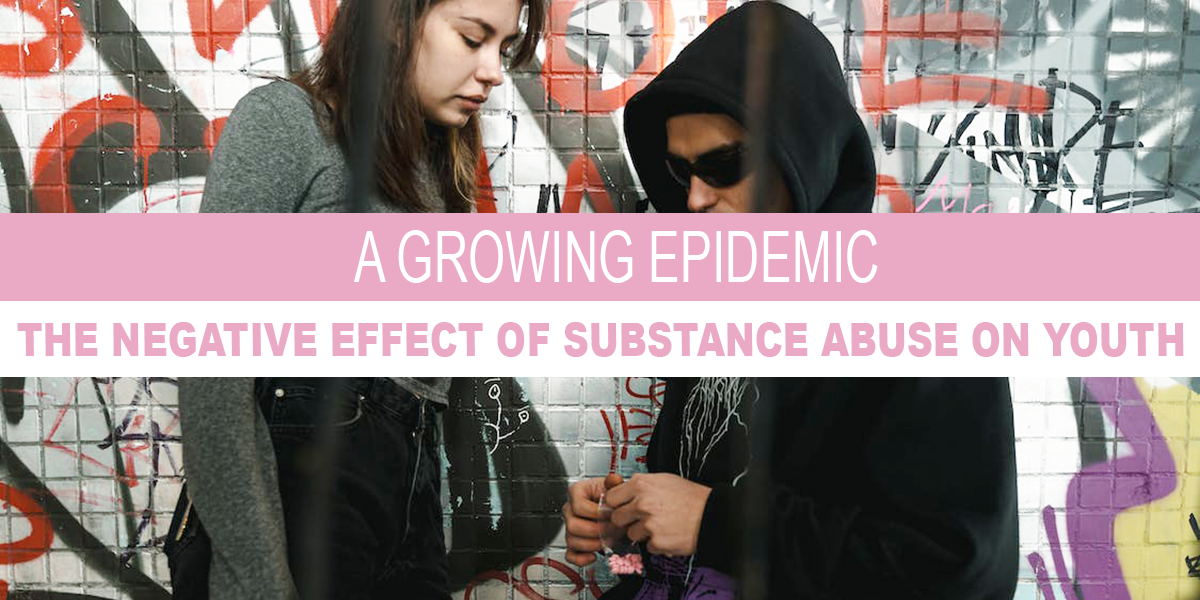

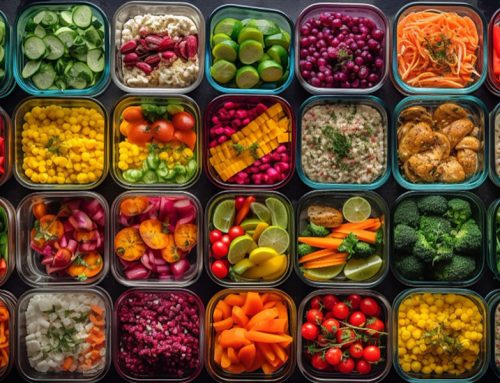
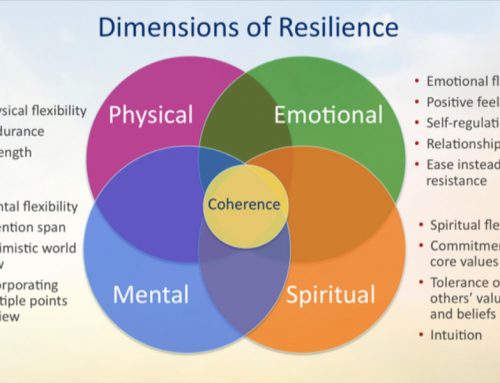



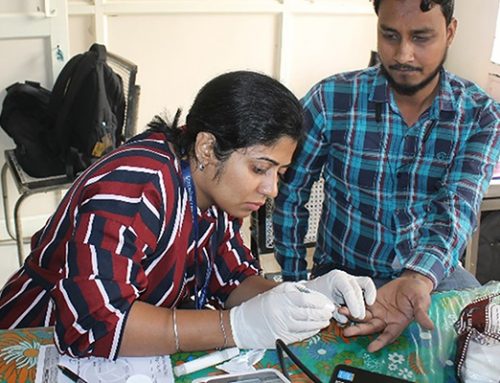
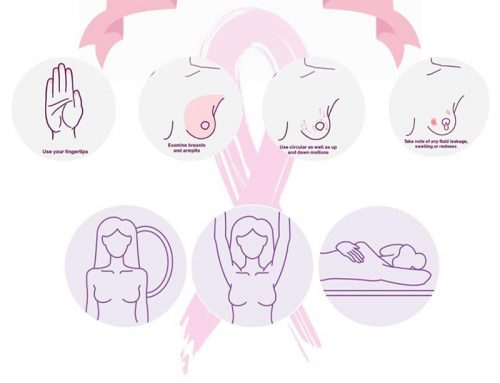
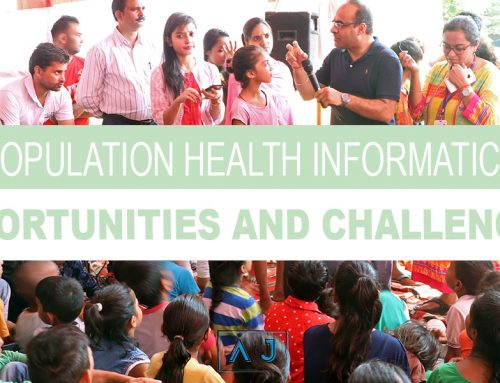
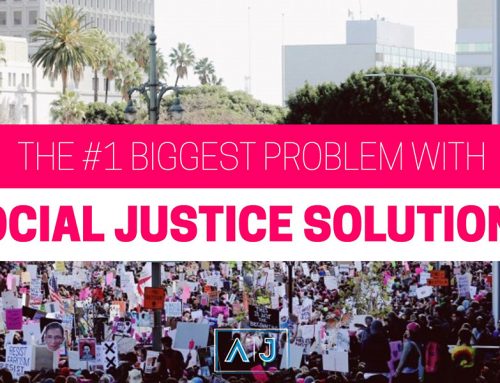
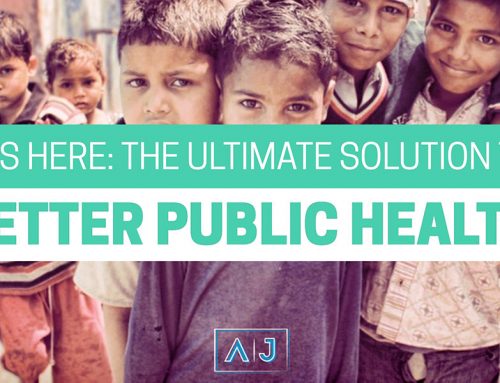

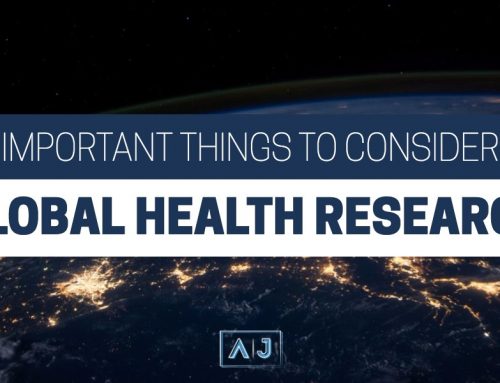
Leave A Comment